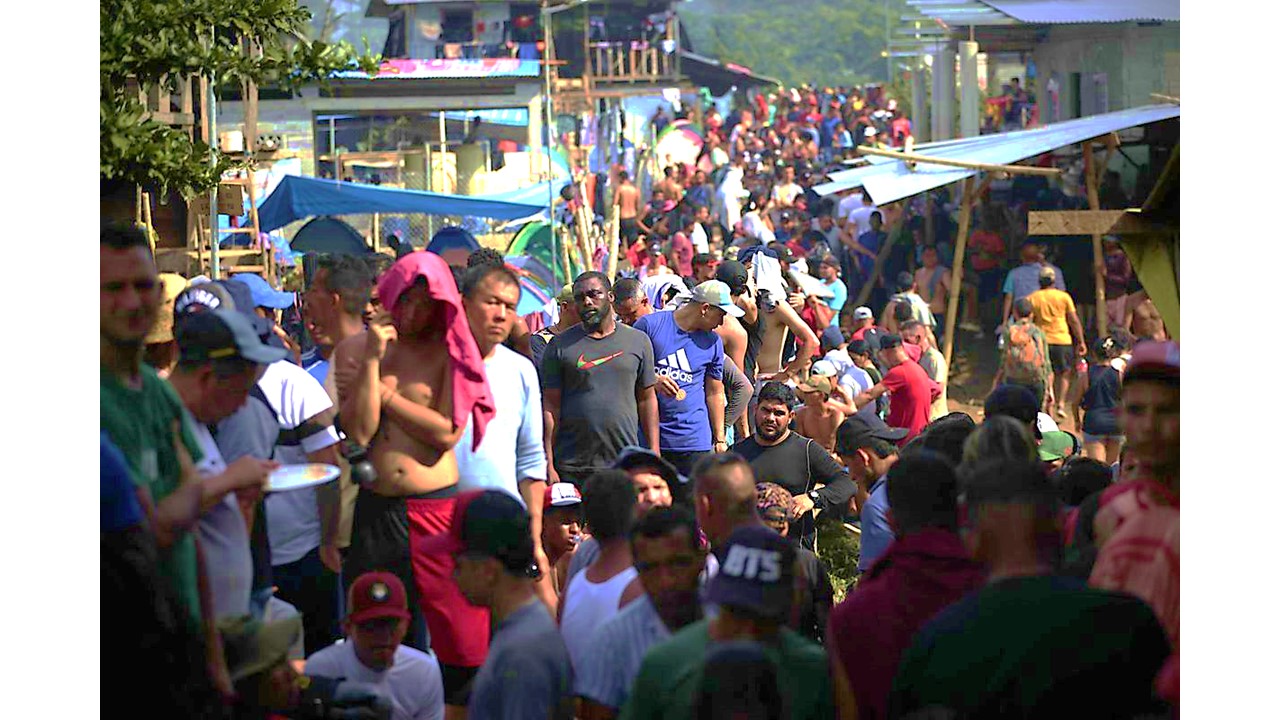Leaders of Panama and Costa Rica to discuss migration

The irregular migration that affects Panama and Costa Rica is the central issue that will be addressed in a meeting held next week by the leaders of these two Central American countries.
The Presidency of Costa Rica reported that President Rodrigo Chaves will arrive in Panama on Thursday, October 5. The next day Chaves is scheduled to travel with Panamanian Laurentino Cortizo to Darién, Panama’s border with Colombia, the gateway for thousands of migrants, especially from Venezuela. On October 6, the leaders will give a joint conference in Metetí.
Cortizo has said that there are coincidences with his Costa Rican counterpart when referring to the fact that there must be an orderly and safe flow of migrants. “The issue of regulation is very important to know what type of people are going through the Darién jungle. Panama is returning some people to their countries of origin on a weekly basis, but it is an issue that has to be worked on multilaterally,” Cortizo said, Friday, in a meeting with journalists.
This week it was announced that the number of irregular migrants who have crossed the Darién jungle in 2023 exceeds 400,000.
The vast majority of migrants are South American: Venezuelans (more than 252,000), Ecuadorians (48,000), and Colombians (13,404).
This led the president of Costa Rica to sign an executive decree on Friday declaring the migratory crisis a National Emergency, which allows the National Emergency Commission to take a series of administrative, operational and measures to address the situation.
Petro’s view
On September 19, within the framework of UN General Assembly, Cortizo met with the Colombian president Gustavo Petro. The Colombian president said that he did not agree with Panama in placing a series of checkpoints throughout the dense Darien jungle, because it would be ineffective. “We agreed to focus on how to humanize. “Panama talks about ordering, we talk about humanizing and ensuring that people do not die,” said the Colombian president.
Petro believes that the solution to this crisis would be to “economically unblock Venezuela,” alluding to the sanctions imposed by the United States government on the Nicolás Maduro regime.
A recent report by the Migration Policy Institute – an independent research and analysis center based in Washington, DC, details that between 2016 and 2022, 7.4 million people have been displaced from Venezuela, almost a quarter of the entire population of the country.





